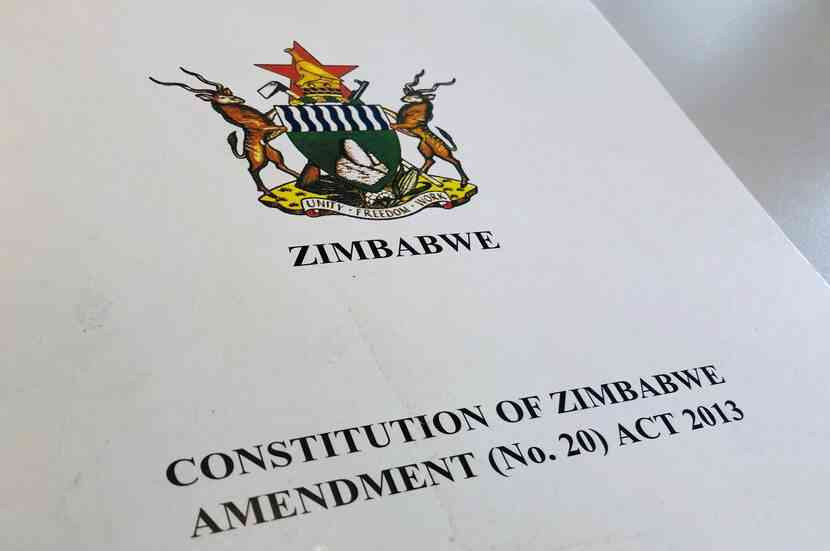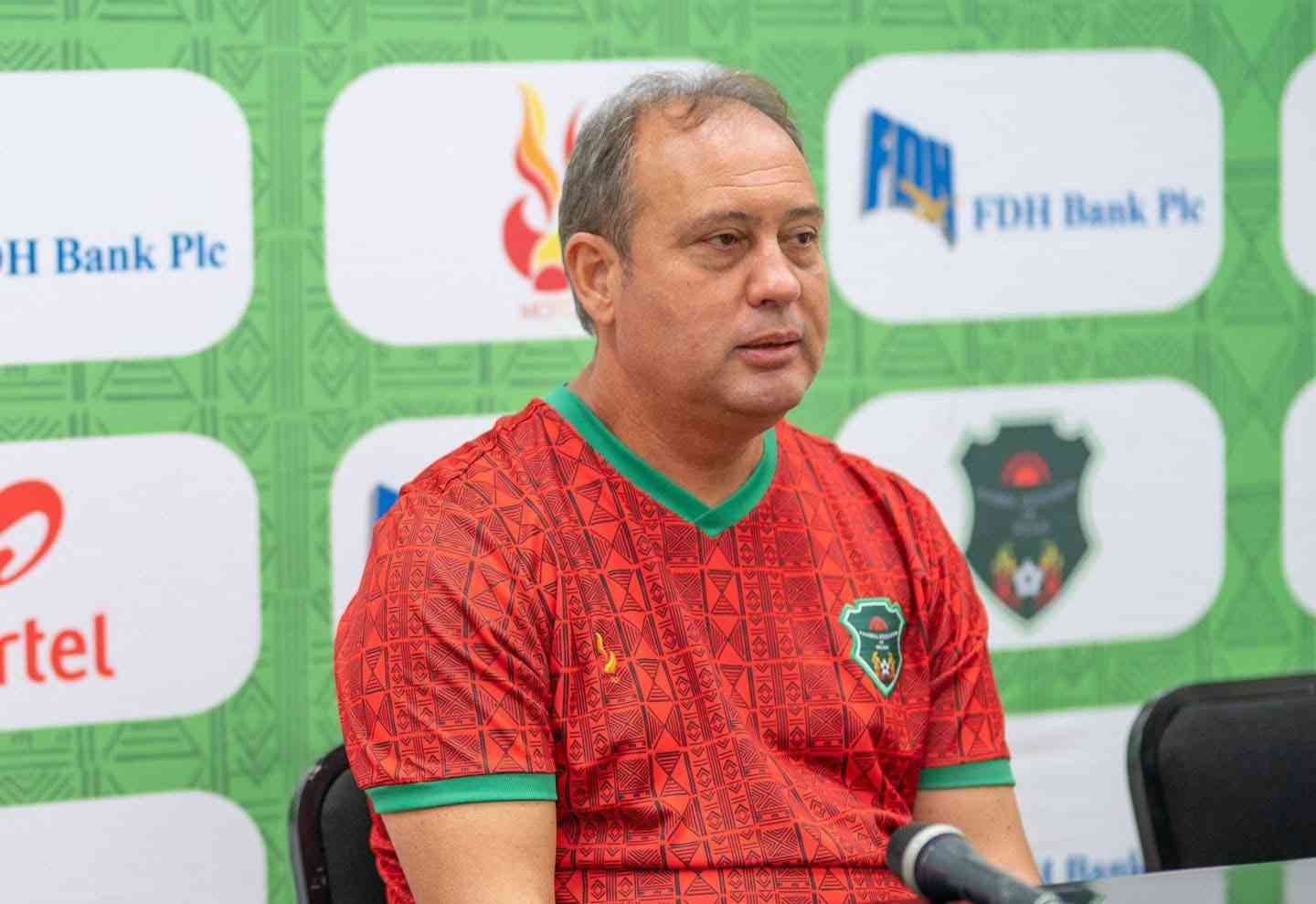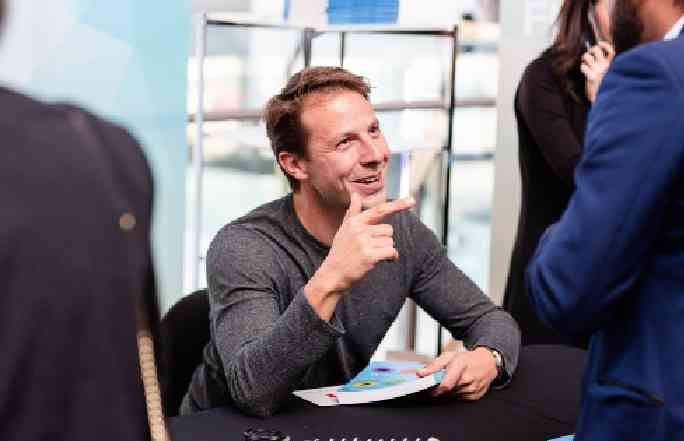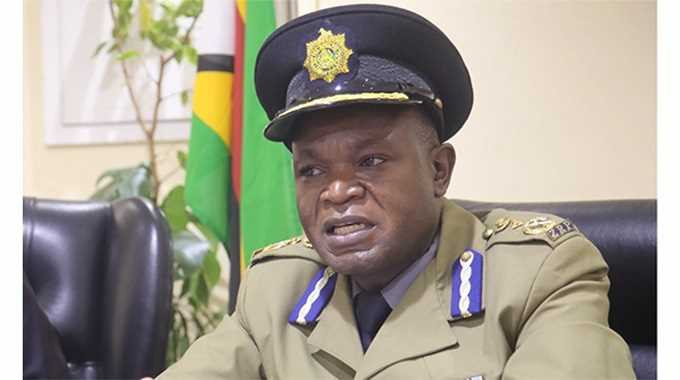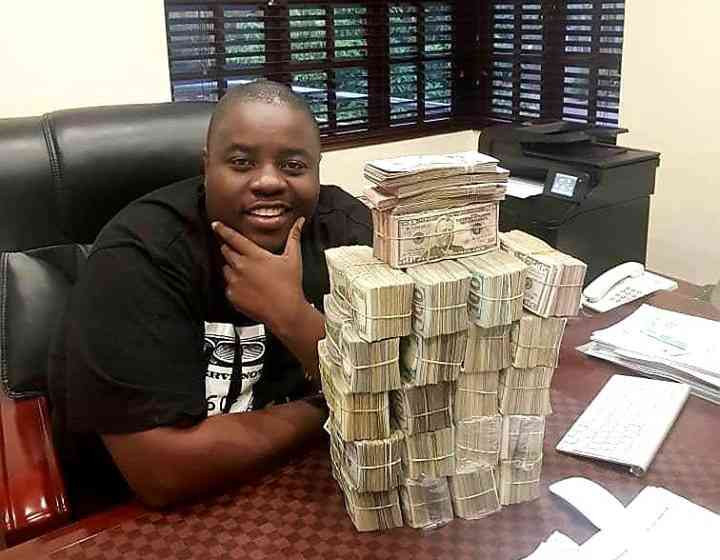
Controversial Zanu PF apologist Wicknell Chivayo’s has been hogging the limelight of late for dishing out cars to sympathisers of the ruling party and some religious organisations, but the source of his wealth remains unclear.
According to our calculations based on his social media posts, Chivayo has splashed over US$14 million on luxury cars for himself and musicians aligned to Zanu PF.
He has also donated cars to apostolic sect members in Marondera and some ruling party praise singers.
Chivayo became particularly prominent a few years ago after he won a multi-million deal to set up a solar power plant on behalf of Zesa Holdings in Gwanda a few years ago.
The project did not take off and this forced Zesa to terminate the deal, which Chivayo’s company Intratek successfully challenged in the courts.
Zesa was ordered to pay Intratek US$22 million as damages.
This was after Chivayo and his company were acquitted of charges of defrauding Zesa of US$5.6 million , which emanated from the Gwanda solar project.
Besides that scandal, Chivayo’s source of income remains a mystery.
- Corruption Watch: Get scared, 2023 is coming
- Corruption Watch: Get scared, 2023 is coming
- Letters: Ensuring Africa’s food security through availability of quality seeds
- Is military's involvement in politics compatible with democracy?
Keep Reading
This is why institutions such as the Zimbabwe Anti-Corruption (Zacc) need to spring into action and investigate whether the money he is splashing on cars is from legitimate sources.
We have seen Zacc targeting lesser beings in the past to force them to explain the source of their wealth and that is how things should be when there are suspicions of money laundering.
Chivayo’s spending spree has raised suspicions that he could be involved in money laundering and it is the duty of Zacc to investigate such cases where criminality is suspected.
Last week, a memo purportedly from Zacc showed that the commission’s asset forfeiture and recovery unit sometime last year tried to investigate the Zanu PF apologist.
Institutions such as the Finance Intelligence Unit were approached to help trace Chivayo’s properties in Harare.
The communication showed that Zacc was contemplating seizing his property worth US$7 million, which the investiigators believed was unexplained wealth.
However, Zacc has not been eager to comment on the matter even after Chivayo launched a tirade against the commission last week for daring to investigate him.
Zacc risks creating an impression that there are some untouchable people in society and cannot be made to explain their source of wealth. The law must be applied without fear or favour in such cases.

